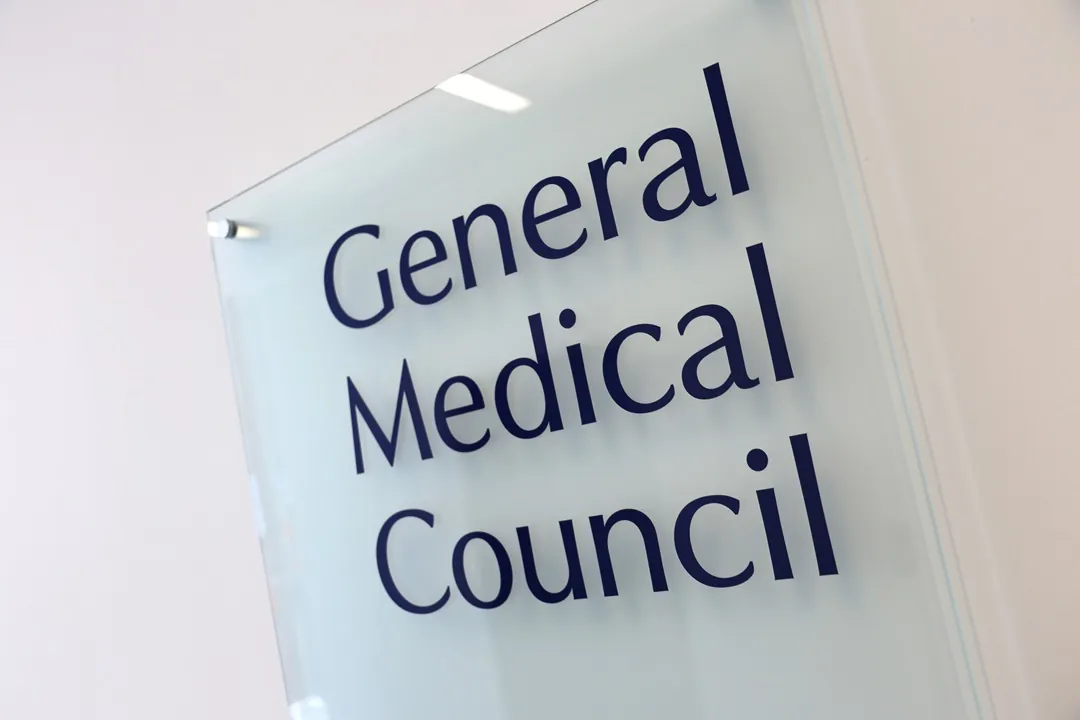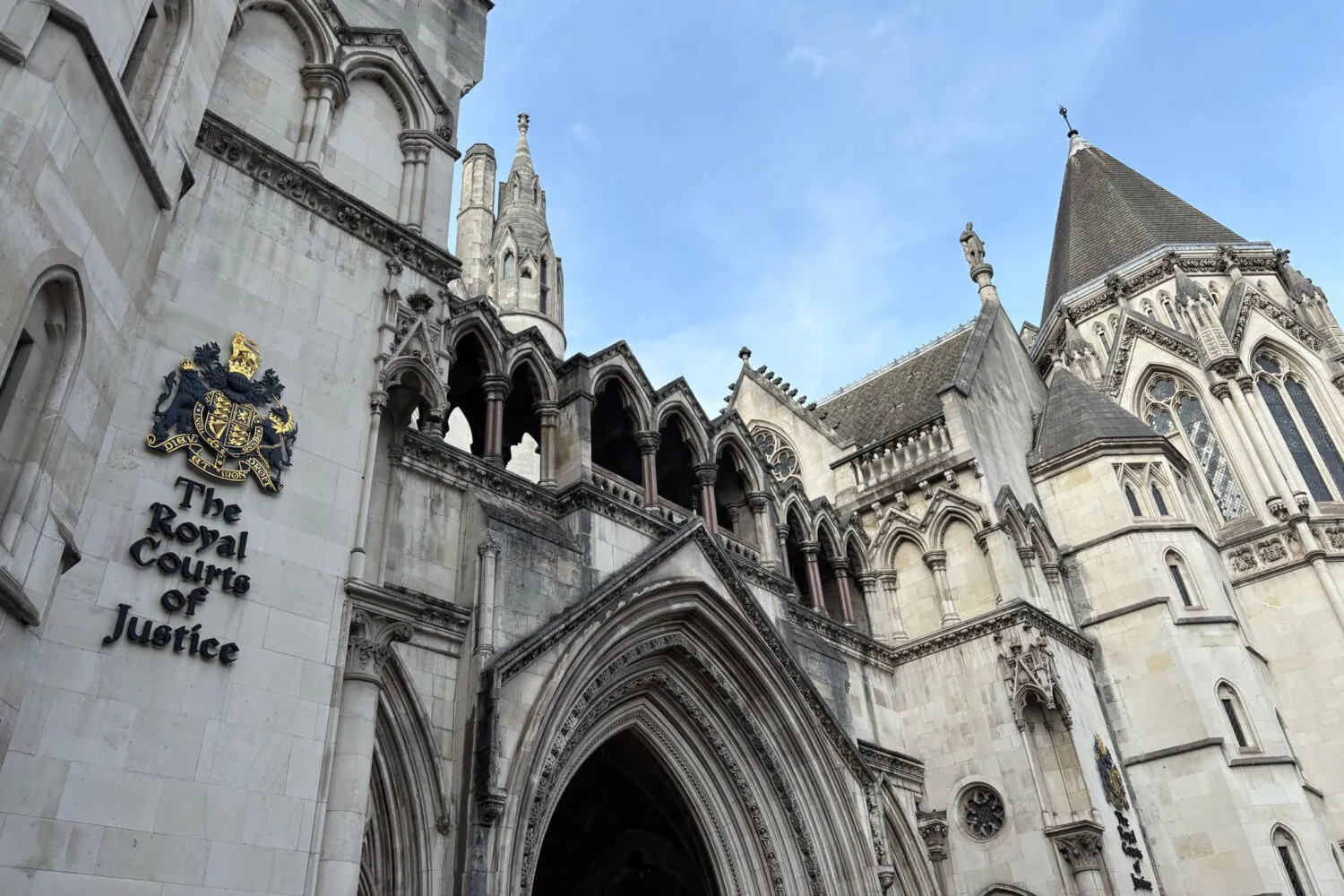The Doctors’ Association UK (DAUK) has joined healthcare professionals from across the UK in applying to contribute to the Lucy Letby inquiry.
NHS Whistleblowers (NHSWB) – a support group for current and former health professionals made up of current and former doctors, midwives and nurses – said staff should be able to give evidence regarding ‘a culture detrimental to patient safety’.
The Thirlwall Inquiry was set up to examine events at the Countess of Chester Hospital, and their implications, following the trial, and subsequent convictions, of former neonatal nurse Lucy Letby.
Dr Matt Kneale, DAUK co-chair, said: “NHS staff who have bravely spoken up about patient safety concerns or unethical practices deserve to have their voices heard and experiences carefully examined.
“By granting NHSWB core participant status, the inquiry can ensure it has direct access to the perspectives of those on the frontlines who have witnessed troubling practices first-hand.
“Such evidence is vital for understanding the full scope of the problems and informing reforms to better support whistleblowers and safeguard patient care across the NHS.”
NHSWB represents a full cross section of NHS employees, former employees and supporters, including DAUK, Justice For Doctors, and NMC Watch, who collectively have more than 1600 members.
The group has instructed public inquiry specialists Hudgell Solicitors, arguing its evidence relating to how NHS whistleblowers are treated across the UK is of ‘huge significance’. The move has been reported in the media, including on BBC Online.
Rachel Di Clemente, chief executive of Hudgell Solicitors, the firm instructed to represent NHSWB, said: “They are requesting the opportunity to be given a platform at an inquiry of huge national importance to speak collectively as a voice of experience. They are experts in their fields who have seen things go wrong first hand.
“Since the Francis report in 2015, following the Mid Staffordshire NHS Trust Public Inquiry, there has been a series of investigations into NHS Trusts around patient safety where it has been revealed NHS staff have either been too scared to speak up or punished for speaking up.
“Lessons have clearly not been learned and we feel it is imperative that this group be involved in the Thirlwall Inquiry, particularly to help examine whether suspicions could have been raised earlier, whether Letby should have been suspended earlier and how the management responded to concerns raised about her.
“The evidence of this group relating to how whistleblowers are treated, not just at one Trust, but across the UK, is of huge significance.”
NHSWB includes many highly-experienced health specialists who have challenged situations and raised concerns over patient safety within their own Trusts.
They say they can evidence how whistleblowers are commonly subject to ‘victimisation and persecution’, and referred to their regulators as a direct consequence of raising concerns over patient and staff safety and unethical practices, preventing lessons being learned and safety improvements being made.
A recurring theme, the group says, is senior management at NHS Trusts placing individual and organisational reputational damage limitation ahead of patient and staff safety, and a formulaic approach taken against those whose actions are in conflict with those interests.
NHSWB believes the inquiry should examine the apparent lack of protection afforded to, and the treatment of, whistleblowers and the reasons behind it happening.
Dr Martyn Pitman, consultant obstetrician and gynaecologist who was dismissed from his post at the Royal Hampshire County Hospital in Winchester after raising concerns over maternity patient and staff safety, represents the NHSWB.
He said: “Our members could not be better placed to understand the challenges, complexities and potentially career and tragically sometimes life-destroying risks involved when speaking truth to power within the healthcare system.
“For many of the general public, the details uncovered by the tragic Lucy Letby scandal revealed for the first time what can befall whistleblowers in the NHS who, not uncommonly, place their careers, professional reputations and livelihoods in jeopardy by simply adhering to their basic professional, ethical and moral responsibilities, by raising concerns that are in the public interest.
“We believe the importance of our involvement in this Inquiry is further heightened by the announcement of grave concern reported in the national press this week by the out-going NHS Ombudsman in relation to what he describes as the on-going ‘cover-up culture’ in the NHS and inappropriate victimisation and persecution of whistleblowers,” he added.
Cathryn Watters, founder and director of NMC Watch, which represents nearly 600 nurses and midwives who have been through investigations by their regulator, said: “We feel that the Fitness to Practice process is being weaponised to silence whistleblowers and to punish those who have continued to escalate concerns. Health care regulators must get better skills to unpick this and assure further patient harm is not being risked in pursuit of such cases.”
Consultant Cardiologist Dr Usha Prasad, of Justice For Doctors, was dismissed by Epsom and St Helier Hospitals Trust after raising patient safety concerns.
She said: “It is important that NHSWB is heard at the inquiry with regards the culture across the NHS when people speak out and raise concerns about patient safety. Following the Lucy Letby case, lessons must be learnt to prevent further such disaster.”





